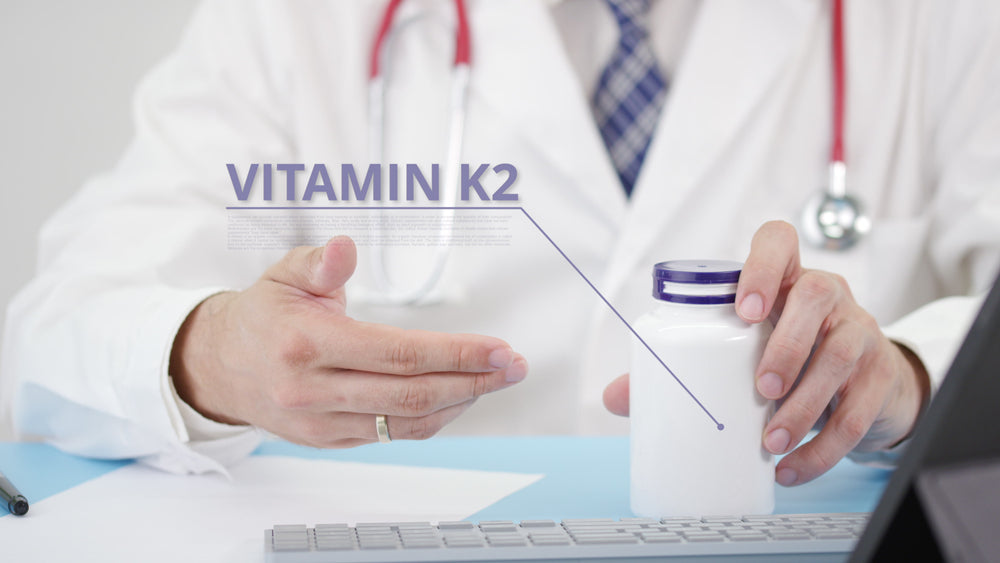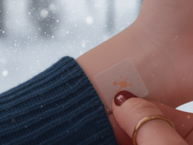Vitamin K doesn’t get all that much attention, but it is just as essential as the other vitamins. It’s critical in blood, bone, and heart health, and not everyone gets enough of it, especially in the form of vitamin K2. The PatchAid Vitamin D3 with K2 Topical Patch has it. Ask your healthcare provider if it may be a good choice for you.
Vitamin K Forms
Vitamin K comes in the form of vitamin K1, or phylloquinone, and vitamin K2, or menaquinone. Vitamin K also comes in the form of vitamin K3, or menadione, but only in some supplements. Too much menadione can be toxic.
Vitamin K1 is the primary form in the diet. It is in plant-based foods, including vegetable oils and leafy green vegetables, including spinach, watercress, and kale. Some fermented foods, such as natto and sauerkraut, have vitamin K2.
Benefits of Vitamin K
If you are low in vitamin K, getting extra amounts can help support certain benefits, such as the following.*
Promote normal blood clotting. Did you know that vitamin K was named for the German word for “coagulation?” The “K” in “vitamin K” comes from, “koagulation.” Vitamin K is an essential cofactor in the series of reactions that allow your blood to clot after you cut or bruise yourself, for example.
Too much clotting is dangerous, of course; think about clots that can cause strokes and heart attacks. However, not enough clotting can lead to excessive bleeding and dangerous hemorrhage. You may have impaired blood clotting with a vitamin K deficiency.
Maintain normal bone density.
Vitamin D isn’t the only vitamin that helps regulate calcium. Vitamin K also helps with bone health due to its role in activating a protein called osteocalcin. Calcium binds to osteocalcin as it gets incorporated into bone mineral. Lower vitamin K levels could lead to lower bone mineral density and risks for osteoporosis and fractures.
Support cardiovascular health. Think about all that calcium that vitamin K helps get into your bones. If it weren’t getting into bones, where would that calcium be? Excess calcium could get incorporated into your blood vessel walls in a process called calcification. This can make them harder and increase your chances of high blood pressure and heart disease.
Vitamin K2 Vitamin Patches
Talk to a healthcare provider if you have concerns over your vitamin K status or if you think you may have low levels. A PatchAid Topical Patch with Vitamin K2 may be an option for you. They are easy to use and do not cause any gastrointestinal side effects.
The PatchAid Vitamin D3 with K2 has 290 mcg of vitamin K2, along with 5300 IU of vitamin D3, 300 mg of magnesium, and 105 mg of calcium. Another option is a Multivitamin Plus Patch with or without Iron. They contain 160 mcg of vitamin K2.
*The Food and Drug Administration has not evaluated these statements. PatchAid products are not intended to diagnose, treat, cure or prevent any disease. Anyone with a medical condition should seek the advice of a licensed medical practitioner. Individual results may vary.







